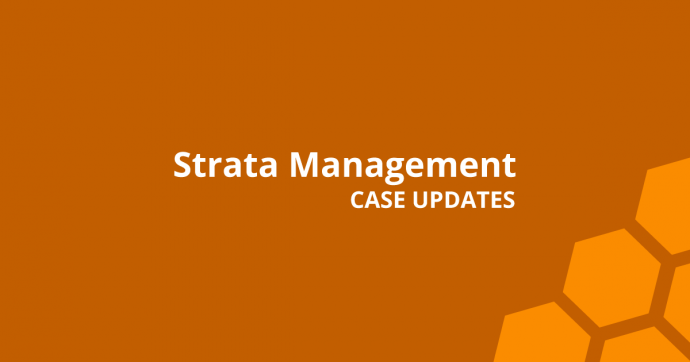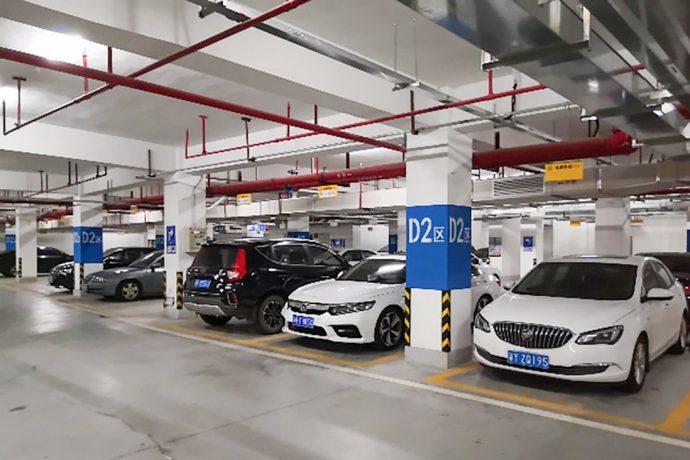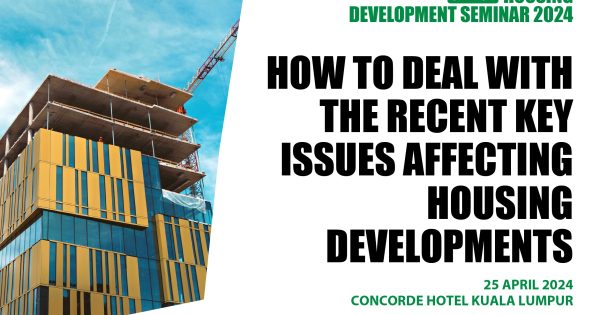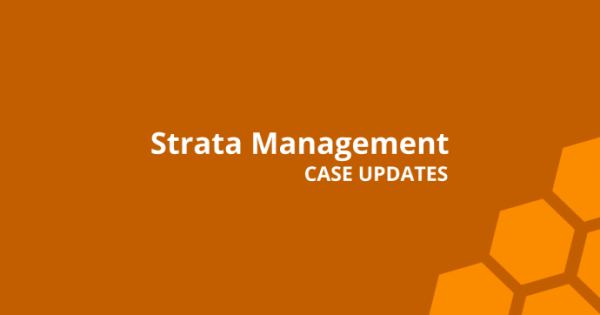3 Two Square Sdn Bhd v Perbadanan Pengurusan 3 Two Square (Court of Appeal) Rayuan Sivil No. B-02 (IM) (NCVC)-530-03/ 2017, B-02 (NCVC) (W)-2155-10/2018), B-02 (NCVC)(W)-2149-10/2017
Facts:
The Plaintiff is a management corporation, established on 8.4.2009 and the Defendant is the Developer of a strata development area known as 3 Two Square in Petaling Jaya (“3TS”).
3 Two Square is a commercial development comprising of 5 boutique retail shops and offices and a corporate tower known as “the Crest” with 2 basement carparks. The development consists of 267 parcels with an aggregate share units of 322,167.
A JMB was formed on 2.8.2008 under the Building and Common Property (Maintenance and Management) Act 2007.
Despite the establishment of the JMB, the Developer continued to manage and maintain 3TS. The Defendant’s services in the maintenance and management of 3TS was terminated by the Plaintiff through a letter dated 13.7.2012.
Before the termination, the Developer was paid RM20,000.00 per month since 2.8.2008 for property management services.
In Suit 510, the MC sought a refund of management fees paid to the Developer in the sum of RM1.2 million (management fees).
In Suit 516, the MC sought payment from the Developer in the sum of RM1,739,712.00 for management fees and sinking fund for car parks owned by the Developer.
In return, the Developer counterclaimed against the MC for:
(a) refund of monies paid as utility charges; and
(b) refund of maintenance and sinking fund paid for a sum of RM432,853.86 imposed on the car parks, accessorized to the main parcel no. 267, the Penthouse.
Decision of the High Court
(a) Locus Standi
In Suit 510, Plaintiff sought the refund of RM1.2million. The Developer took a position that the JMB and the MC had expressly appointed the Developer to manage 3TS. The Developer also claimed that the MC has no locus to claim for fees before the incorporation of the MC.
The High Court found that there was no valid appointment of the Defendant to manage but also found the Plaintiff having no locus to ask for a refund before 8.4.2009.
The High court Judge dismissed the MC’s claim for a refund for period before 8.4.2009 and allowed a refund after 8.4.2009.
(b) Refund of management fees
The High Court Judge allowed the MC’s claim for the refund of management fees because there was no binding and enforceable contract that allowed the Developer to collect fees as the property manager of 3TS.
Suite 516
(c) Management Fees and sinking fund for car parks owned by Developer
The JMB had resolved that charges and sinking fund for the car park was RM0.20 per sq ft from 2.8.2008 until 15.1.2010. From 15.1.2010, the MC resolved that charges would be RM0.30 per sq ft.
However the Developer had only been paying RM0.05 per sq feet.
The Plaintiff sued the Developer to recover the sum of RM1,739,712.00 for the short fall for the car parks at the 2 basement levels.
The Defendant counterclaimed for a refund of charges and sinking fund since the car parks are not a main parcel but accessory parcels to the Penthouse.
The High Court Judge dismissed the Plaintiff’s claim premised on Sections 34(2) and 69 of the Strata Titles Act 1985 (“STA”). The Plaintiff cannot levy additional charges on the accessory parcels.
(d) utility charges
The High Court Judge dismissed the Defendant’s claim for refund of utility charges on the basis that the charges were incurred by the Developer in respect of a property owned by the Defendant.
Suit 125
(e) Vacant Possession
The MC sued the Developer for vacant possession, arrears of rental of RM139,200.00 as at 31.5.2013, double rental at the rate of RM4,550.00 from 1.6.2013 until vacant possession of the Developer’s car parking business office. Vacant Possession was delivered to the MC in May 2013.
It is not disputed that the car park management office was situated within the common property. It was discovered by the Plaintiff in mid 2012.
Plaintiff’s claim for the rental was based on an alleged oral tenancy agreement.
The High Court Judge made a finding that there was no oral or written tenancy agreement which formed the basis of rental claim of RM2,400.00 but the Developer must pay rental for a space not owned by them.
Decision of the Court of Appeal:
(a) Issue of Locus Standi
The Court of Appeal disagreed with the High Court Judge and places emphasis in Section 28 SMA 2013 and found that the MC has the locus to sue the Developer to return the monies due to the JMB before 8.4.2009.
(b) Refund of management fees
The Court of Appeal agreed to the High Court’s judge decision but in light of the locus standi issue and Section 26 of the BCPA found that the Developer is prohibited from acting as managing agent of 3TS, and allowed a refund of the management fees from 2.8.2008 to 15.8.2012.
The Court of Appeal found that the Developer’s appointment as a property manager was illegal pursuant to Section 26 BPCA and hence not entitled to management fees and all fees must be returned to the MC.
(c) Management Fees and sinking fund for car parks owned by Developer
The Court of Appeal disagreed with the High Court and found that the car parks were not used in conjunction with the main parcel but utilised for a commercial purpose by renting out the car park parcels. there is no legal prohibition for the Plaintiff to claim for charges and sinking funds for the car parks owned by the Developer.
(d) Utility Charges
The Court of Appeal agreed with the High Court judge and dismissed the refund of utility charges. The extra payment was for centralised air conditioning, chiller which was exclusive to Block F, owned by the Defendant alone. In that regard, the Defendant must pay for the utility charges for the Chiller.
On the issue of illegality in respect of the claim presmied on square foot instead of share unit and the imposition of 2 charges, the Court of appeal opined that the Developer has failed to raise the issue of illegality in the counterclaim. More so, the utility charges were imposed by the Defendant themselves and they are estopped from raising the issue of illegality.
It would be unreasonable and unequitable if the Developer was not paying extra for the Chiller which was for their exclusive use.
Suit 125
(e) Vacant Possession
The Court of Appeal disagreed with the High Court and ruled that since there is no alleged tenancy agreement, the MC’s claim is unsustainable and did not allow the claim for rental but the order of vacant possession is preserved.
A copy of the grounds of judgment of the Court of Appeal can be downloaded below:
Takeaways:
It is interesting to see the Court of Appeal distinguished this case from the other Court of Appeal decision in Equiti Setegap where estoppel was used to negate the issue of issuing charges by square feet (and not share units).
The decision in introducing the “use” test in determining whether the parcels are accessory parcels (in paragraph 63) is however questionable since accessory parcels are clearly indicated and demarcated before the submission for sub-division. Since the MC is established, the quick guide to determine whether they are main or accessory parcels should fall back on the approved strata plans.



